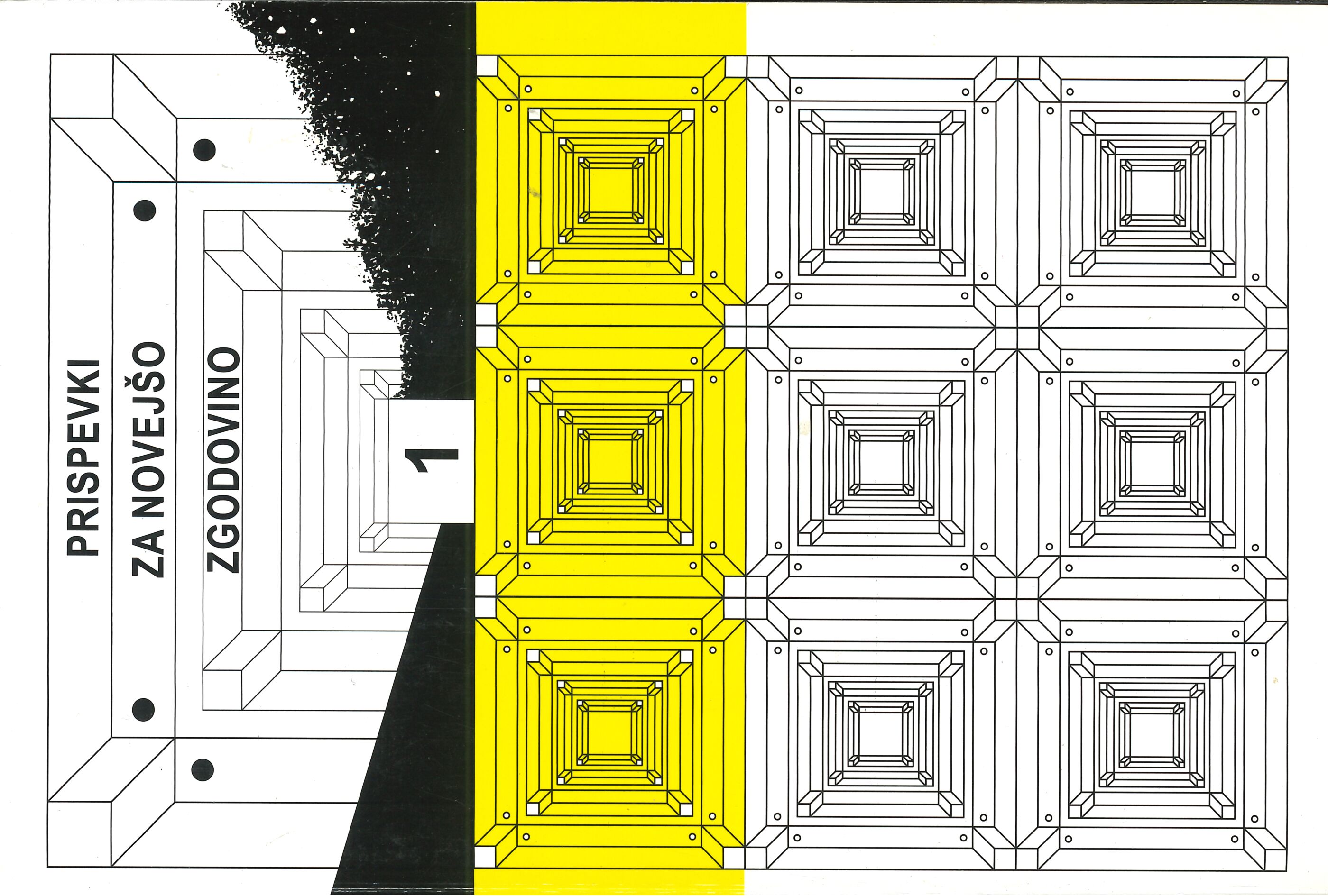Z vzgojo do največje možne sreče ljudstva: nekaj poudarkov iz zgodovine »razsvetljevanja ljudstva« na Slovenskem v 18. in v prvi polovici 19. stoletja
Ključne besede:
Slovenia, Slovenes, enlightenment, education, agriculturePovzetek
EDUCATING THE PEOPLE TO ENSURE THEIR GREATEST POSSIBLE HAPPINESS: A FEW EMPHASES FROM THE HISTORY OF »ENLIGHTENING THE PEOPLE« IN SLOVENIA IN THE 18TH AND THE FIRST HALF OF THE 19TH CENTURY
The unshakeable faith in educability and the need to educate people was in the centre of the emancipation concepts of the 18th-century enlightenment. Therefore the 18th-century intellectuals wanted to spread their ideas among the widest possible circle of people. In the context of their widespread campaign of accustoming the population to work, diligence and prudent economy, increasing amounts of attention were paid to the education of the people. Also in Slovenia we encounter enlightenment-oriented intellectuals from the ranks of nobility, bureaucracy, clergy and wealthy bourgeoisie, who were convinced that through education and schooling the people could be liberated from the chains of ignorance and that a more rational social order could be established, allowing everybody to achieve the »greatest possible happiness«. In the 1770s Ljubljana became the centre of the new spirit. In his case study the author of the article focuses on some of the more prominent members of the 18th-century enlightenment (Campe, Becker, Franklin), underlines the educational and pedagogical importance of their works, and explores the reception and translations of their works in Slovenia. Besides being an inspiration in other areas, Benjamin Franklin suppo- sedly also influenced the publication of Velika pratika (1795–97), which Valentin Vodnik was encouraged to work on by one of the most notable intellectuals at the time, Žiga zois. Of course, the exceedingly low literacy rate at the time presented a serious obstacle to the dissemination of in- formation in the Slovenian language. Therefore priests were especially important as intermediaries between the printed word and the people.
Literatura
Prenosi
Objavljeno
Številka
Rubrika
Licenca
Avtorji prispevkov, objavljenih v tej reviji, soglašajo z naslednjimi pogoji glede avtorskih pravic:
- Avtorji ohranijo avtorske pravice, reviji pa odobrijo pravico do prve objave. Delo se hkrati zaščiti z licenco za prosto uporabo avtorskih del (Creative Commons Attribution License), ki drugim osebam omogoča deljenje dela ob priznanju avtorstva in prve objave v tej reviji.
- Avtorji lahko sklenejo ločene dodatne pogodbene dogovore za neizključno distribucijo različice dela, objavljene v reviji, (npr. oddaja v institucionalni repozitorij ali objava v knjigi) z navedbo, da je bilo delo prvič objavljeno v tej reviji.
- Pred postopkom pošiljanja in med njim lahko avtorji delo objavijo v spletu (npr. v institucionalnih repozitorijih ali na svoji spletnih strani), k čemer jih tudi spodbujamo, saj lahko to prispeva k plodnim izmenjavam ter hitrejšemu in obsežnejšemu navajanju objavljenega dela (glej The Effect of Open Access).


